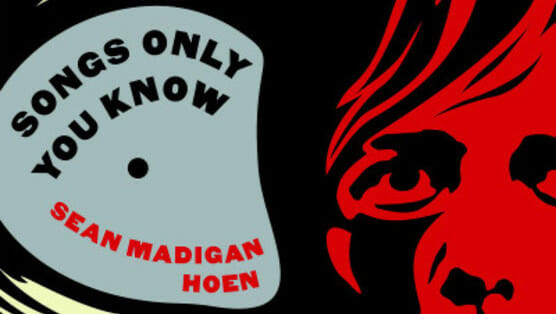Songs Only You Know by Sean Madigan Hoen

Vladmir Nabokov once described the project of fiction as “what I shall bluntly call aesthetic bliss, that is a sense of being somehow, somewhere connected with other states of being where art (curiosity, tenderness, kindness, ecstasy) is the norm.”
Accessing those “other states of being” is, of course, one reason we turn to books—and in Sean Madigan Hoen’s debut memoir exist several lives worth and variations of Nabokov’s “aesthetic bliss.”
Hoen’s nonfictional world is incredibly violent and tender—his memories of growing up in Dearborn, Michigan, just outside of Detroit; his father “muscling up the ranks” at Ford Motor Company; his mom working as a speech therapist in public schools; his younger sister, Caitlin, in high school and how she is already “earning more than I did, once you counted her tips”; the ripples of betrayal felt by the family upon learning of their father’s crack addiction; a parents’ divorce. It all comes while an 18-year-old Hoen attempts to escape this incomprehensibility with his punk rock band, Thoughts of Ionesco, which had “gored their way onto the scene.”
-

-

-

-

-

-

-

-

-

-

-

-

-

-

-

-

-

-

-

-

-

-

-

-

-

-

-

-

-

-

-

-

-

-

-

-

-

-

-

-








































